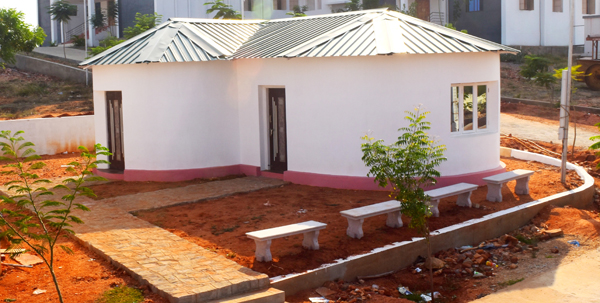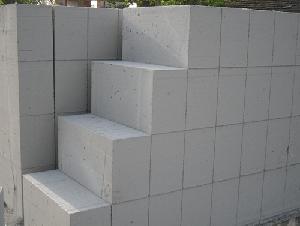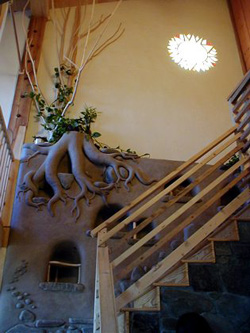“The California Green Building Standards Code (CALGreen Code) is Part 11 of the California Building Standards Code and is the first statewide “green” building code in the US.
green building
Building a Natural Future with Joe Kennedy
“Joseph Kennedy is an architectural designer, writer, artist and filmmaker who specializes in sustainable building, ecological design, and community development. After many years of teaching sustainable building techniques in Africa, Asia, Europe, United States and South America, he now teaches architecture at NewSchool of Architecture & Design. Joe is a co-founder of the organization Builders Without Borders, and international network of ecological builders who advocate the use of local, affordable materials in construction. Widely published in journals, proceedings and books, he also co-edited The Art of Natural Building, now in its greatly expanded second edition.”
Earthbag Meeting Center in Madurai, India is Complete

“Good Earth Nepal sponsored and constructed an Earthbag Meeting Center/Canteen at Anna University Campus in Madurai, India, which is now complete. This project serves as a sustainable building model for the future generation of engineers who study on campus.
Large Aerated Concrete Blocks

In general, we do not encourage using lots of cement because of its adverse environmental impact. However, there are times when it might make sense in certain situations. In the tropics, for instance, it’s common to use block construction for bathrooms and kitchens to protect against water damage and fire.
Natural Builders Northeast
Example of $2,000 DIY Hybrid Natural Home
A key aspect of natural building is learning out how to best utilize minimally processed, locally available natural materials and salvaged materials to meet your needs. This includes using good site and climate building techniques in the design of the home. What works best in one location will likely be different than another location. Be sure to study ‘best practices’ that have evolved over the centuries for your specific area. Things such as roof pitch and overhangs, choice of materials, height of stem walls, percentage of solar glazing, ventilation details etc. are all very important.

